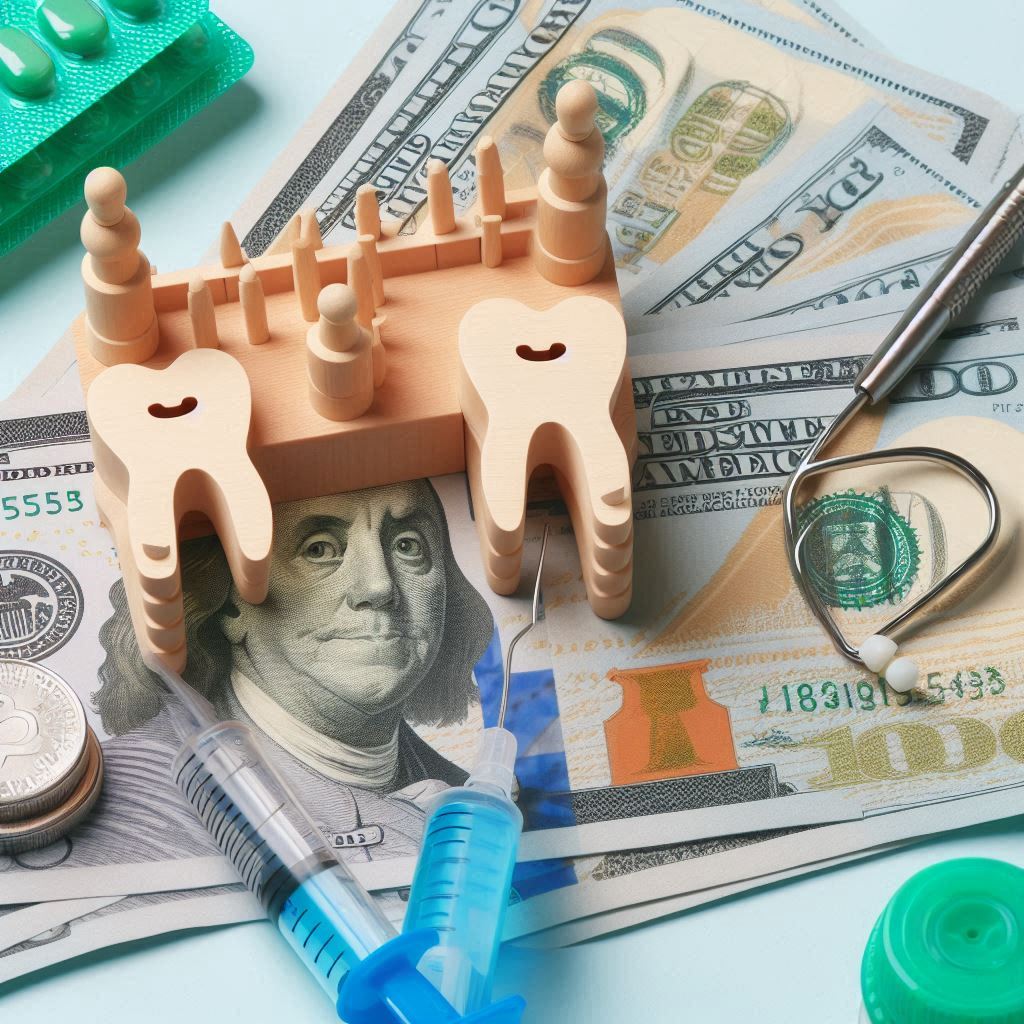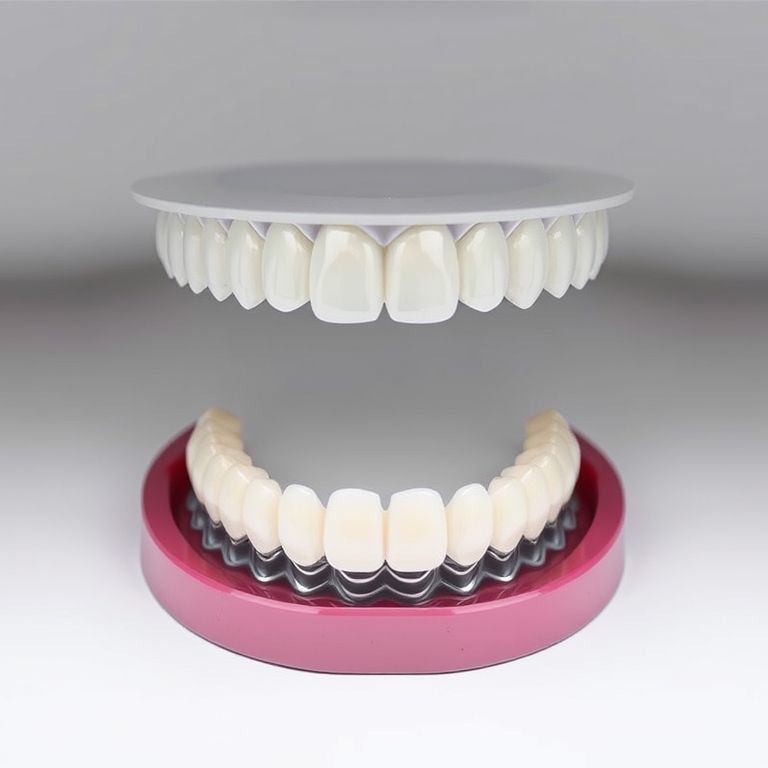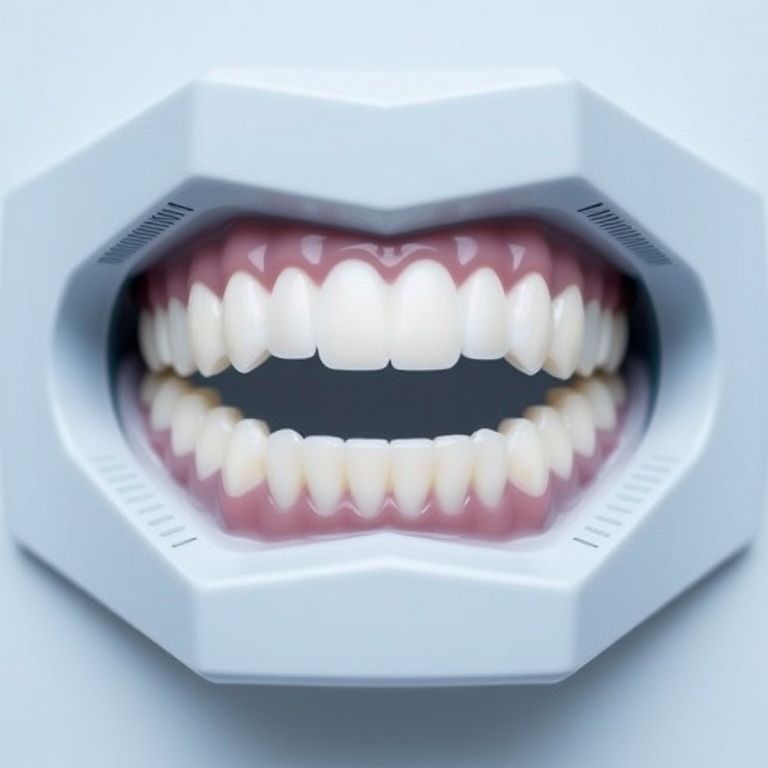The Complete Guide to cost of Maryland Bridge Dental Procedure: Benefits, and Alternatives
Missing a tooth can affect your smile, confidence, and even your ability to chew properly. Fortunately, modern dentistry offers several solutions, including dental implants, traditional bridges, and Maryland bridges. Among these, the Maryland bridge stands out as a conservative, cost-effective, and minimally invasive option for replacing missing teeth.
But how much does a Maryland bridge cost? What are its pros and cons? And is it the right choice for you?
In this comprehensive guide, we’ll explore everything you need to know about Maryland bridges, including:
- How they compare to other tooth replacement options
- Step-by-step procedure details
- Cost breakdown (with and without insurance)
- Longevity and maintenance tips
- Potential risks and complications
By the end, you’ll have all the information needed to decide if a Maryland bridge is the best solution for your dental needs.

2. What Is a Maryland Bridge?
A Maryland bridge (also called a resin-bonded bridge) is a fixed dental prosthesis used to replace one or two missing teeth. Unlike traditional bridges, which require grinding down adjacent teeth for crowns, a Maryland bridge uses metal or ceramic wings bonded to the back of neighboring teeth.
Key Features of a Maryland Bridge:
- Minimally invasive (preserves natural tooth structure)
- No need for crowns on adjacent teeth
- Faster and more affordable than implants
- Ideal for front teeth replacement
3. How Does a Maryland Bridge Work?
A Maryland bridge consists of:
- Pontic (false tooth) – Fills the gap of the missing tooth.
- Wings or framework – Made of metal or ceramic, bonded to adjacent teeth.
The dentist etches the back of neighboring teeth and attaches the bridge using strong dental cement.
4. Advantages of Maryland Bridges
✅ Preserves natural teeth (no need for crowns)
✅ Less expensive than implants or traditional bridges
✅ Quick procedure (usually completed in 2 visits)
✅ Good for patients with healthy adjacent teeth
✅ Aesthetically pleasing (especially ceramic options)
5. Disadvantages of Maryland Bridges
❌ Not as strong as implants or traditional bridges
❌ May debond over time (requires re-cementation)
❌ Not ideal for molars (due to chewing pressure)
❌ Limited longevity (5-10 years, compared to implants)
6. Maryland Bridge vs. Traditional Dental Bridge
| Feature | Maryland Bridge | Traditional Bridge |
|---|---|---|
| Tooth Preparation | Minimal (no crowns) | Requires crowns on adjacent teeth |
| Cost | $1,500 – $2,500 | $2,000 – $5,000 |
| Durability | 5-10 years | 10-15 years |
| Best For | Front teeth | Molars and high-stress areas |
11. Cost of Maryland Bridge Dental Procedure
The average cost of a Maryland bridge ranges from $1,500 to $2,500 per tooth, depending on:
- Material used (metal vs. ceramic)
- Dentist’s expertise
- Geographic location
Cost Breakdown:
| Component | Cost Range |
|---|---|
| Consultation & X-rays | $100 – $200 |
| Tooth Preparation | $200 – $400 |
| Bridge Fabrication (Lab Fee) | $800 – $1,500 |
| Bonding & Placement | $400 – $600 |
| Total Estimated Cost | $1,500 – $2,500 |
Note: Costs may vary based on insurance coverage.
17. Frequently Asked Questions (FAQs)
Q1: How long does a Maryland bridge last?
A: Typically 5-10 years, depending on care and oral hygiene.
Q2: Can a Maryland bridge be removed?
A: Yes, a dentist can remove it if needed, but it’s a permanent restoration.
Q3: Is a Maryland bridge painful?
A: No, the procedure is minimally invasive with little discomfort.
Q4: Can I eat normally with a Maryland bridge?
A: Yes, but avoid sticky or hard foods that may dislodge it.
18. Conclusion
A Maryland bridge is an affordable, minimally invasive solution for replacing missing front teeth. While not as durable as implants, it offers a quick, aesthetic, and conservative alternative. Costs range from $1,500 to $2,500, making it a budget-friendly choice for many patients.
For long-term tooth replacement, consider dental implants, but if you need a fast and economical fix, a Maryland bridge could be ideal.
19. Additional Resources
- American Dental Association (ADA) – Bridges Overview
- Maryland Bridge Aftercare Tips
- Cost-Saving Tips for Dental Procedures


